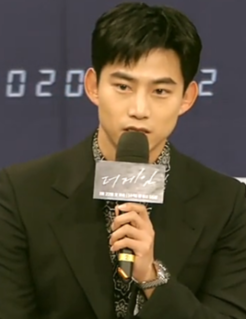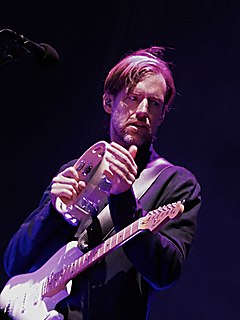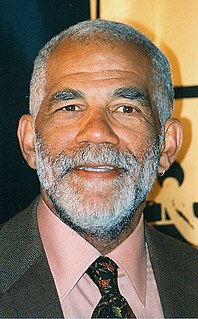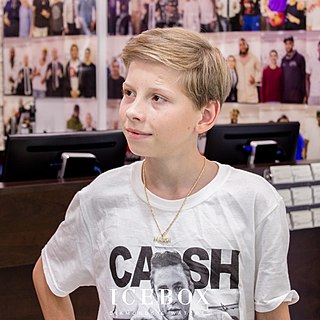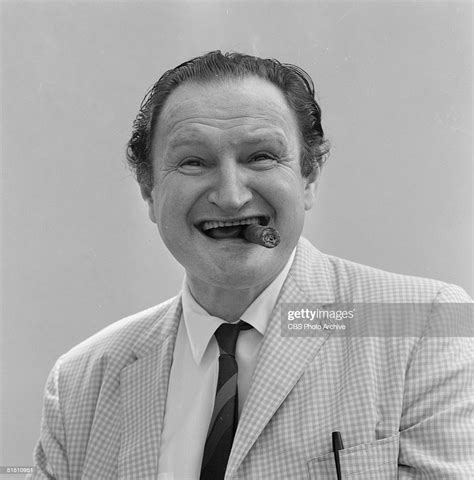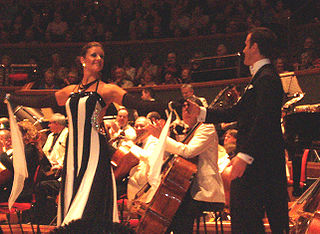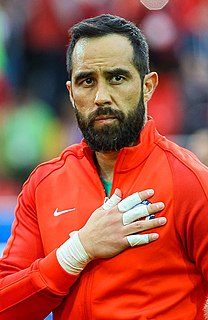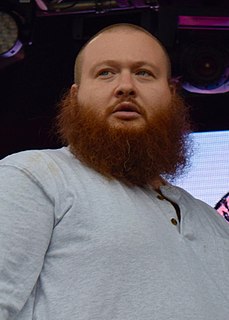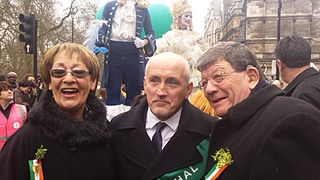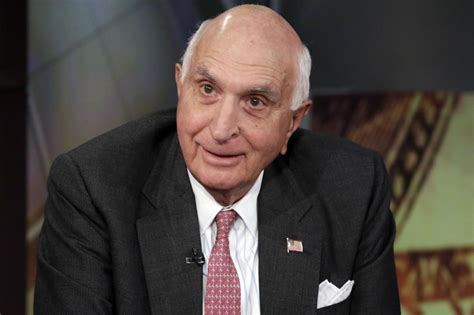A Quote by Stephen Mallinder
Crackdown had Dave Ball playing on it. Flood worked on our next album, and Adrian Sherwood worked with us on Code.
Related Quotes
I worked on the line, I've been an executive chef, I've worked for the Mets, I've worked for various steakhouses, vegetarian restaurants, a lot of Middle Eastern stuff. I've worked my fair share of a lot of different things. I've worked at festivals and street fairs, you know? I've been through it all.
Me and my sisters were taught that if our eyes worked and our legs worked, we were beautiful. We had so many kids in our family that if we all got in front of the mirror and were ashamed of browns and golds and yellows and whites, and we believed what society told us - that the darker people were less attractive and the lighter ones were prettier - we would have had sibling murders. My family, being half-rural and half-military, just came from a different place.

